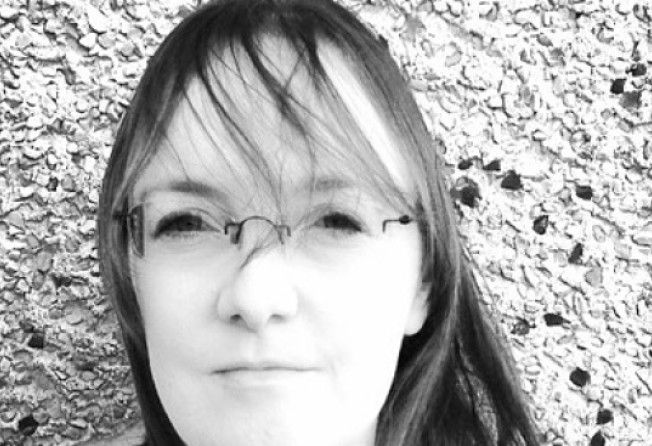
Book review: The Glorious Heresies - dark underbelly of Cork explored
Dark, beautiful prose describes drugs, love, crime and violence in Irish city


by Lisa McInerney
John Murray

Lisa McInerney is magnetised by squalor. Her first public indulgence of this interest was in 2006 when she founded Arse End of Ireland a blog in which she adopted the persona of Sweary Lady in order to offer dispatches from the frontline of an impoverished community on a Galway council estate.
It is to this area of life that she has been drawn for her debut novel, The Glorious Heresies. Here, however, McInerney’s focus has shifted from Galway to Cork – a city that, as she sees it, is in a “tailspin” of recession, and populated by a host of vivid and alarming characters as they attempt to maintain a grip on their hectic lives.
The world she imagines is wonderfully savage, grotesque, grubby and desperate. There is Maureen Phelan, a woman who, when we meet her at the start of the book, has inadvertently murdered an intruder with a Holy Stone; there is her psychopathic son, Jimmy, who governs the city’s world of criminals and is charged with the responsibility of cleaning up after his mother’s act of brutality; there is the alcoholic Tony Cusack, who spends his days in violence and despair, carrying out Jimmy’s filthy orders; and there is his troubled and tortured son, Ryan, a 15-year-old boy who lives in fear of his father’s temper, has a secret love of the piano (his “fingers had the grace for concertos so long as there was no one there to hear them”), deals drugs and is dizzily in love with his girlfriend, Karine.
As the ramifications of Jimmy’s attempt to dispose of the intruder’s corpse – a responsibility he arrogates to the dismal Tony Cusack – begin to assert themselves, we see the stories of these characters collide and transform. McInerney handles their narratives with brio and care, and the world she imagines is wonderfully savage, grotesque , grubby and desperate. Yet it is also tender and humane and often brought to life in resonant, precise, antic and darkly beautiful prose.
This is not to say that the novel is without weakness. There are moments, particularly as the book enters its final phase, at which the force of McInerney’s narrative begins to falter and the stylistic energy of her prose gets diminished by the presence of numerous stale phrases. But the qualities of The Glorious Heresies are such that it is easy to brush such shortcomings aside. This is a daring, exuberant and generous novel. And a work to which you will want – eagerly – to return.
The Guardian